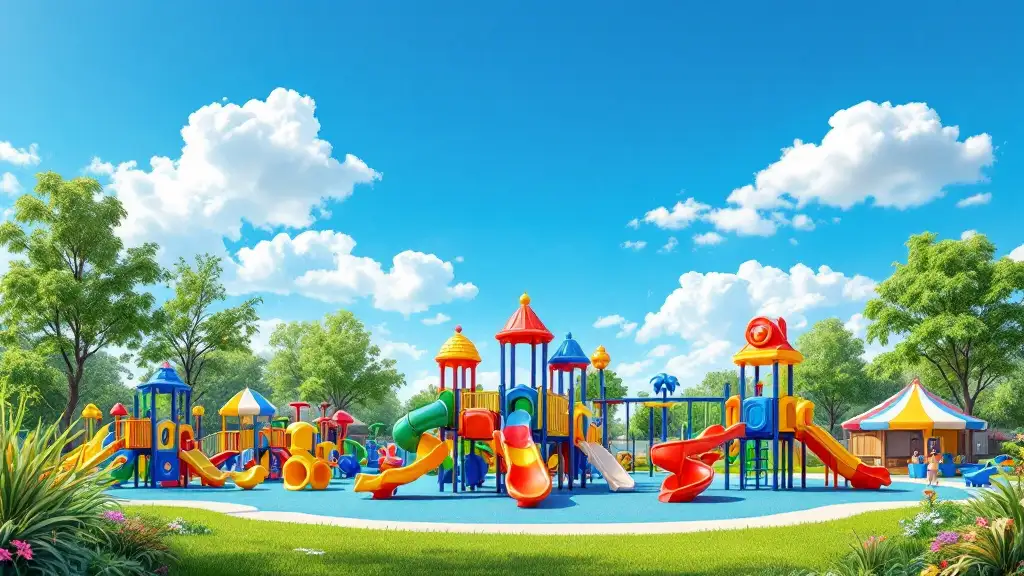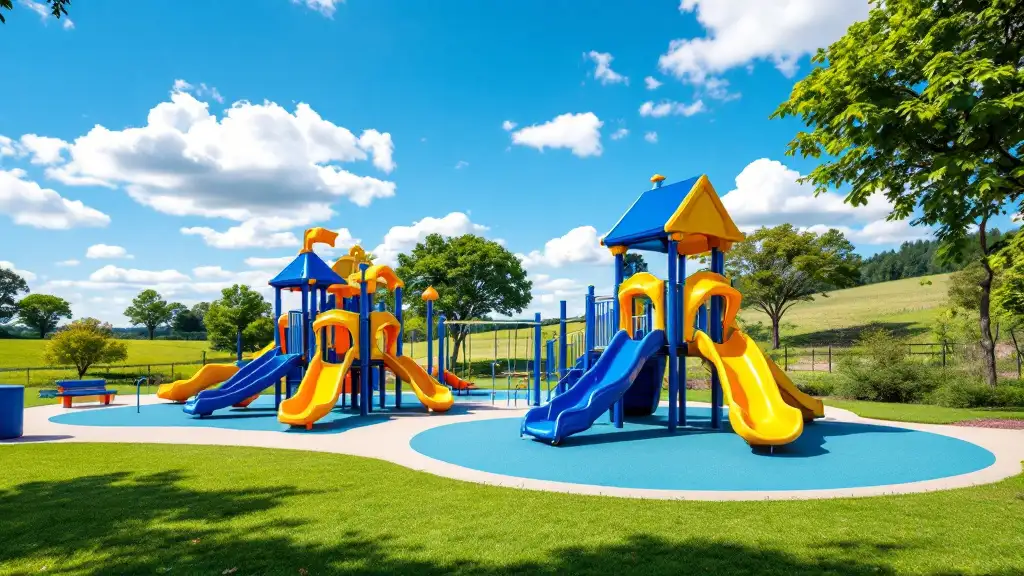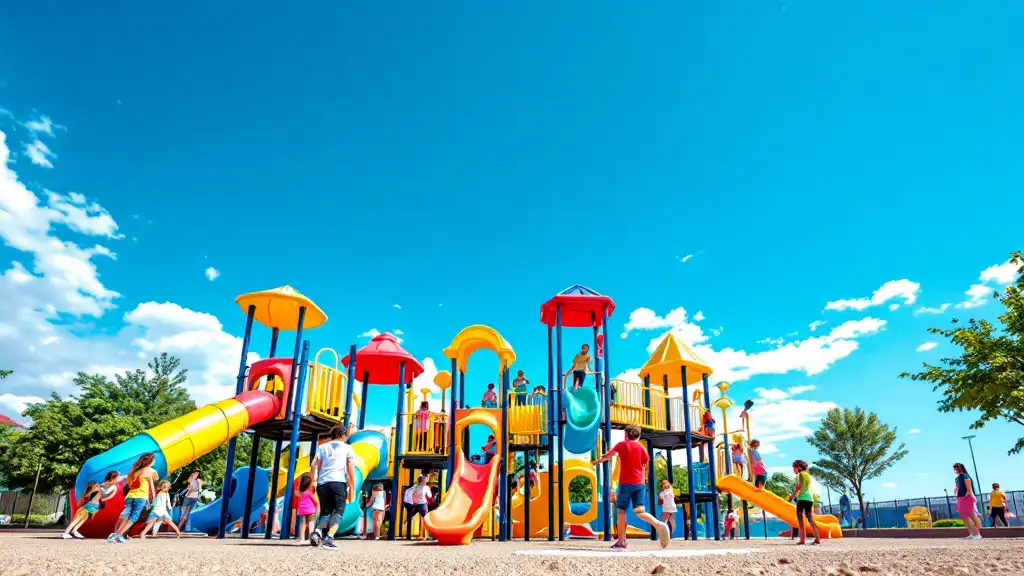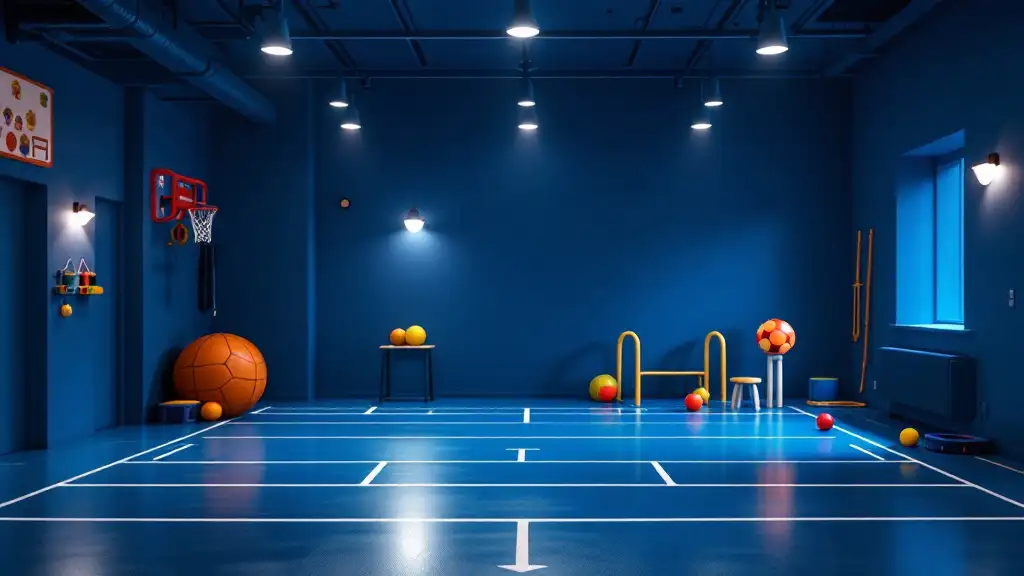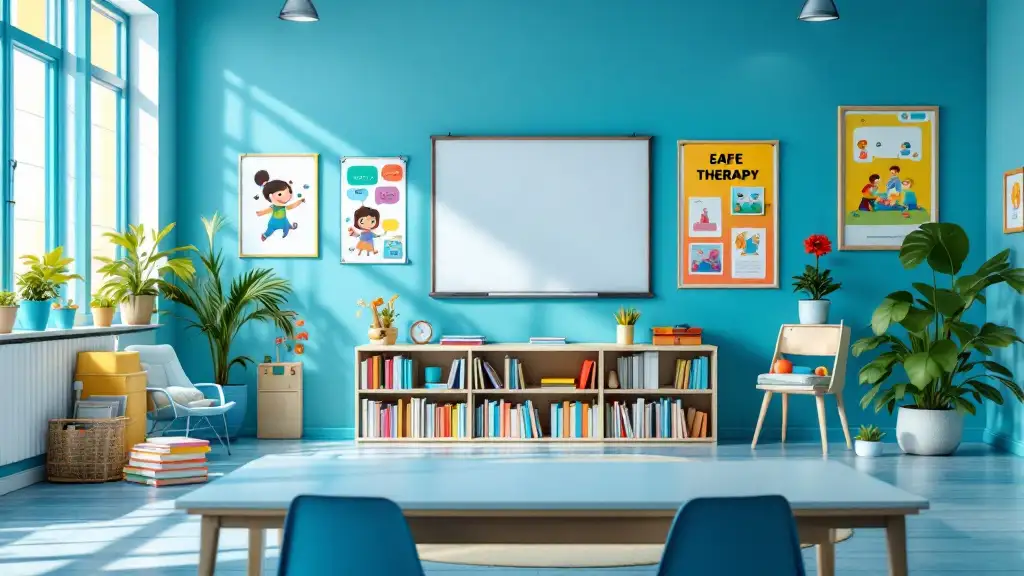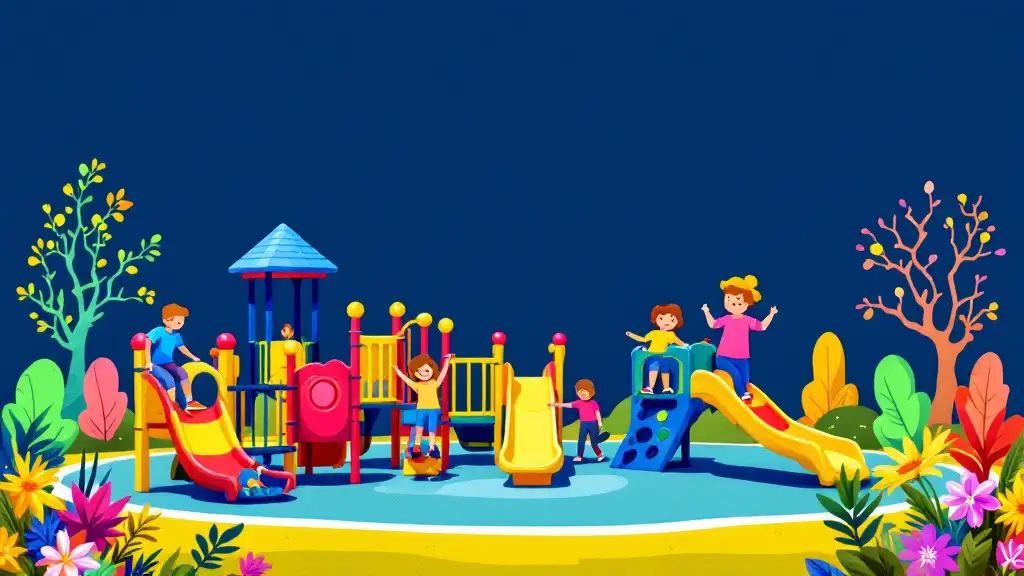
A Guide to Engaging in Adaptive Sports Supported by Divisions of Developmental Disabilities
Participating in adaptive sports and fitness activities can significantly enhance the quality of life for individuals with disabilities. The Division of Developmental Disabilities (DDD) supports a wide array of inclusive programs through partnerships with local organizations, recreational districts, and specialized providers. This article offers a comprehensive overview of how you can access these valuable services, what options are available, eligibility requirements, enrollment processes, and resources to connect you with adaptive sports and fitness activities tailored for all ability levels.
Understanding the Role of DDD in Adaptive Sports
 The Division of Developmental Disabilities (DDD) plays a vital role in supporting adaptive sports and recreational activities for individuals with disabilities. Their initiatives are designed to make sports, fitness, and outdoor activities accessible to all, fostering independence, health, and community engagement.
The Division of Developmental Disabilities (DDD) plays a vital role in supporting adaptive sports and recreational activities for individuals with disabilities. Their initiatives are designed to make sports, fitness, and outdoor activities accessible to all, fostering independence, health, and community engagement.
Several programs funded or supported by DDD are available across various regions. These include not only local recreational districts but also specialized organizations that focus on adaptive sports. Such programs are inclusive by design and accommodate a wide range of abilities, from physical challenges to intellectual disabilities.
Programs supported by DDD cover diverse activities such as alpine skiing, snowboarding, cycling, kayaking, rock climbing, scuba diving, and team sports like soccer and basketball. These initiatives aim to promote physical health, mental well-being, and social skills. Many of these programs are offered at no or low cost, with some providing necessary adaptive equipment funded through DDD or partnering organizations.
Partnerships established between community organizations and DDD enhance the reach and quality of these programs. For example, Adaptive Adventures and similar entities travel across states to bring adaptive sports to underserved areas, collaborating with hospitals, veteran groups, and local recreational departments. Local agencies like the Rockford Park District or the Naperville Park District organize inclusive programs ranging from therapeutic recreation to outdoor adventure activities.
Supporting organizations such as Special Olympics Illinois, Challenger Baseball, and others provide year-round athletic opportunities for individuals with intellectual and physical disabilities. These programs often include training, competitions, and social events, all geared toward encouraging participation regardless of skill level.
How can I access adaptive sports and fitness programs supported by DDD?
To connect with these programs, start by reaching out to your local DDD office or exploring their official website. They provide comprehensive directories of available services, eligibility criteria, and enrollment procedures. Many services require prior assessment or consultation to ensure suitability.
Community partners also facilitate access. For example, organizations like Adaptive Adventures organize trips and events across multiple states, working with rehab hospitals, veteran groups, and community organizations to reach underserved populations.
Local recreational districts often have inclusive programs for all ages. These include adaptive swimming, adaptive yoga, and specialized sports leagues. Additionally, programs like Special Olympics or Challenger Baseball offer year-round opportunities for athletic development and social participation.
The integration of these resources helps break down barriers for individuals with disabilities and promotes a culture of inclusion, activity, and community engagement.
More Resources for Adaptive Sports and Recreation
| Organization/Resource | Program Focus | Location | Funding Support | Additional Info |
|---|---|---|---|---|
| Adaptive Adventures | Adaptive outdoor sports | Multiple States | Yes | Travel and gear support |
| Special Olympics Illinois | Year-round sports | Illinois | Funded by DDD & others | Competitions, training |
| Challenger Baseball | Baseball for children with disabilities | Local communities | Low-cost, some grants | Inclusive play environments |
| Rockford Park District | Inclusive recreation & outdoor activities | Illinois | Local funding, some DDD support | Therapeutic recreation programs |
| Naperville Park District | Therapeutic & adaptive sports | Illinois | Local & DDD support | Inclusive community events |
Exploring these programs offers individuals with disabilities an excellent opportunity to participate fully in recreational life, fostering physical health, independence, and camaraderie.
Range of Adaptive Sports and Fitness Options Available
 The Division of Developmental Disabilities (DDD) supports a broad spectrum of adaptive sports and fitness opportunities, designed to accommodate individuals with diverse needs and abilities.
The Division of Developmental Disabilities (DDD) supports a broad spectrum of adaptive sports and fitness opportunities, designed to accommodate individuals with diverse needs and abilities.
Support spans from recreational activities to competitive sports, encouraging physical health, social engagement, and independence. Through partnerships with organizations such as the Katz JCC, the University of Michigan, Achilles International, and Blue Ridge Adaptive Snow Sports, DDD offers programs like adaptive track and field, wheelchair basketball, para-equestrian, and wheelchair tennis.
Many of these programs focus on inclusive participation at all levels, from casual recreation to competitive athletics. For outdoor enthusiasts, activities such as adaptive skiing, snowboarding, kayaking, and running are available, enabling individuals to enjoy nature and build skills.
Community-based programs also play a vital role in fostering social interaction and community involvement. Resources like the Disability Services at the JCC facilitate social and recreational events, promoting connections among participants.
The support offered by DDD ensures accessible, adaptive fitness options that help improve overall well-being, self-reliance, and social integration. These programs are tailored to meet individual goals, whether for fun, fitness, or competition, illustrating the organization’s dedicated emphasis on promoting active lifestyles for individuals with disabilities.
| Types of Adaptive Sports Supported | Program Examples | Supporting Organizations | Focus Areas |
|---|---|---|---|
| Indoor & Outdoor Sports | Basketball, baseball, bowling, skiing, kayaking | Achilles International, Blue Ridge Adaptive Snow Sports | Recreation, competition, outdoor activities |
| Fitness & Wellness | Adaptive fitness classes, personal training | Various YMCA locations, community centers | Physical health, mental well-being |
| Equine & Outdoor Activities | Para-equestrian, outdoor running | Community parks, specialized centers | Outdoor recreation, therapy |
| Social & Community Engagement | Sports leagues, social events | City recreation, local nonprofits | Socialization, community involvement |
By offering diverse options, the DDD plays a crucial role in empowering individuals with disabilities to lead active, healthy, and socially connected lives.
Eligibility Criteria and How to Confirm Your Suitability

How do I determine my eligibility for participating in DDD-supported adaptive sports programs?
To find out if you qualify for DDD-supported adaptive sports programs, begin by ensuring you have a developmental disability that meets the criteria set by the Division of Developmental Disabilities (DDD). These programs are specifically tailored for individuals with such disabilities, including various developmental, intellectual, or sensory impairments.
The first step is to review the eligibility details provided on the DDD's official website or by contacting their office directly. Many programs, like Camp Jotoni and Camp Merry Heart, list clear requirements—such as documentation of the disability or a participation referral from a healthcare provider.
Local organizations can also play a valuable role. Support agencies like Aspire Supports or Equal Opportunity Support Services are equipped to help verify your disability status and assist with the application process. They can provide documentation guidance and help coordinate with funding sources.
For veterans and active military members, eligibility might involve VA health care enrollment and specific service-related disability ratings. Programs such as the Veterans Wheelchair Games or the National Disabled Veterans Sports Clinics offer adaptive sports opportunities to qualifying individuals, often with support from the VA.
In summary, verifying eligibility involves confirming your disability type, obtaining proper documentation, and consulting with local or national resources dedicated to adaptive sports access.
Participation and Enrollment Procedures

What is the process to enroll in adaptive sports and fitness activities through DDD?
Enrolling in adaptive sports and fitness programs supported by the Division of Developmental Disabilities (DDD) generally begins with researching the available options suitable for your needs. Programs may include local YMCA initiatives, community parks, or specialized organizations like Bridge II Sports or Miracle League.
The first step is to contact the program coordinator or your local DDD office to gather detailed information about eligibility criteria and required documentation. Most programs require filling out an application form, such as the Participant Information Request Form, which is typically valid for one year and must be submitted with supporting documents.
Documentation usually includes proof of your disability, often in the form of medical records or physician verification, to confirm eligibility for adaptive services. Some programs may also involve an interview or assessment to tailor activities to the participant's specific needs.
Participants needing additional support should plan to bring a personal support assistant or caregiver, who can assist during activities. Prior approval or a support application might be necessary to ensure proper authorization.
There are often registration deadlines aligned with program sessions, so it’s important to check schedules ahead of time. Some programs operate on a semester or seasonal basis, with specific start and end dates.
Financial considerations encompass the potential costs of registration, equipment, and transportation. Many programs are funded or partially funded through Medicaid, DDD, or other state and community sources. Participants can often pay through these channels or on a self-pay basis if eligible.
In summary, the enrollment process involves exploring options, completing required forms, submitting necessary documentation, coordinating support needs, and adhering to program schedules to facilitate a successful participation experience.
Resources, Contact Points, and How to Connect
 Finding the right support and programs for adaptive sports and recreation is easier with the right resources and contacts. The official Division of Developmental Disabilities (DDD) website is a great starting point. It provides detailed information about available programs, eligibility requirements, and ways to connect with local offices and service providers.
Finding the right support and programs for adaptive sports and recreation is easier with the right resources and contacts. The official Division of Developmental Disabilities (DDD) website is a great starting point. It provides detailed information about available programs, eligibility requirements, and ways to connect with local offices and service providers.
Stepping Forward: Your Path to Inclusive Fitness and Sports Opportunities
Accessing adaptive sports and fitness programs through DDD is a straightforward process that involves identifying suitable programs, verifying your eligibility, and connecting with local and national organizations committed to inclusive recreation. Whether you're interested in team sports, outdoor activities, or specialized fitness classes, numerous resources are available to support your participation. By reaching out to your local DDD office, exploring community partnerships like YMCA programs or Challenger Sports, and utilizing online directories and support networks, individuals with disabilities can enjoy active, engaging, and enriching sporting experiences. Taking the first step opens the door to greater health, independence, social connection, and personal empowerment in adaptive sports.
References
- YMCA Inclusion and Adaptive Support Services
- Adaptive Sports - MorrisSussex ResourceNet
- Adaptive Sports - Camden ResourceNet
- Limitless Adaptive Fitness - Special Needs Fitness Class
- Adaptive Sports - Ocean ResourceNet
- Adaptive Sports Resources - Monmouth ResourceNet
- Adaptive Adult Recreation Program | City of Sierra Vista, AZ
- Adaptive Sports | VirginiaNavigator - My Life, My Community
- [PDF] MILITARY ADAPTIVE SPORTS RESOURCES - Move United



